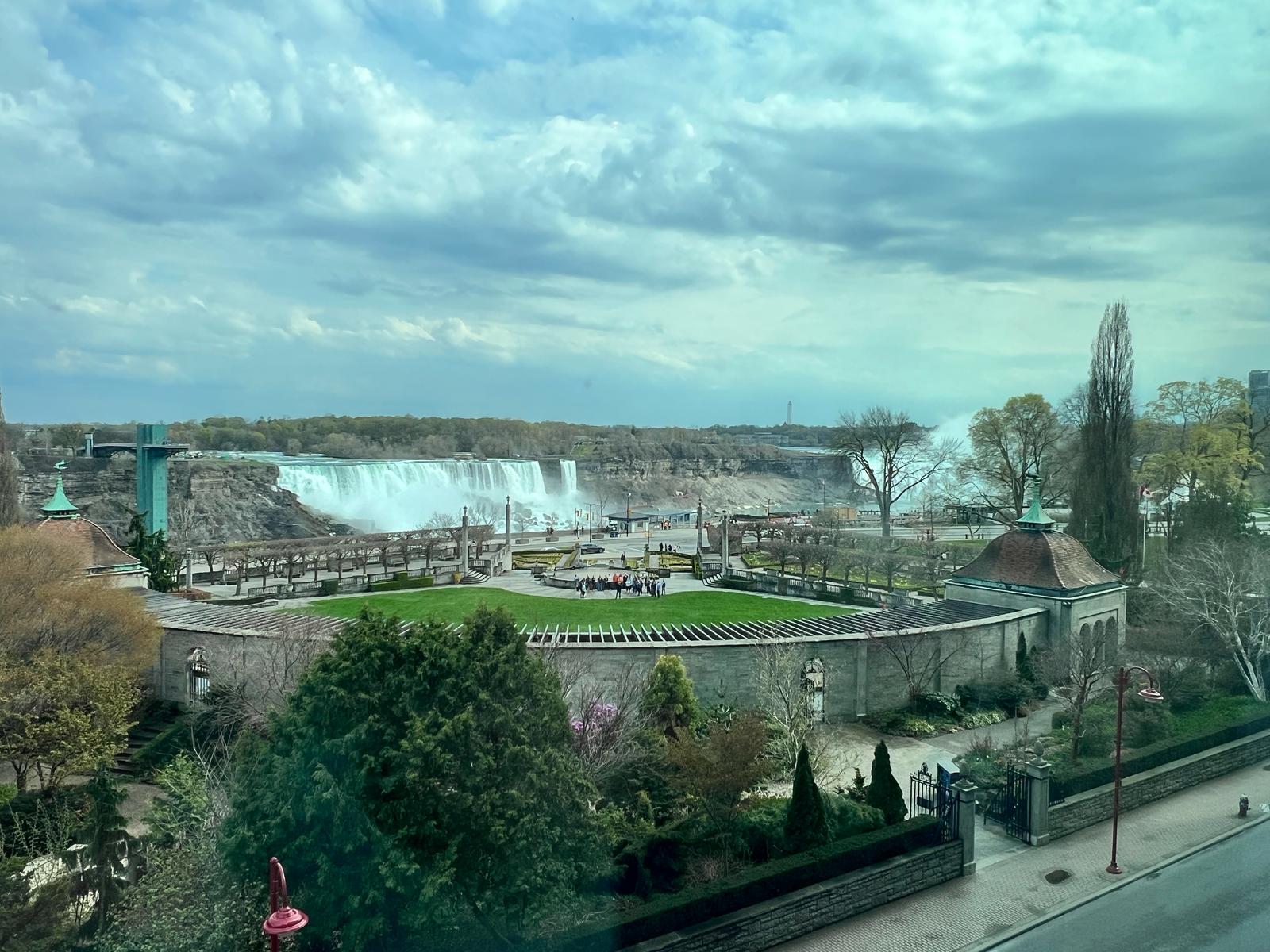"Getting Back to You”: A Multiple-Case Study of Sport Re-engagement in ‘Rekindler’ Masters Athletes
Abstract
Lifelong sport participation is often non-linear, characterized by periods of engagement, lapses, and potential re-engagement later in life. We may learn from rekindler Masters athletes (MAs), who regularly exceed physical activity recommendations after re-engaging in sport following a prolonged lapse. We explored the facilitators, barriers, and strategies rekindlers used to successfully re-engage in sport. Eleven MAs (9F, 2M; Mage = 52.18) created timelines and participated in semi-structured interviews depicting their lapse and re-engagement. Using reflexive thematic analysis, we found that MAs had extensive sport participation in their youth and experienced a lapse. Upon re-engaging, MAs relied upon strategies (i.e., researching the program, setting goals, scheduling, social strategies) and facilitators (i.e., participatory motives, social structures and support, external structures) to overcome barriers to participation. Our results highlight the complexities of sport re-engagement and may help individuals return to sport and physical activity in adulthood.
Keywords: adult sport; active aging; physical activity; qualitative research
Downloads
Published
Issue
Section
License
Authors who publish with this journal agree to the following terms:
- Authors retain copyright and grant the journal right of first publication with the work simultaneously licensed under a Creative Commons Attribution-Share Alike 2.5 Canada License that allows others to share the work with an acknowledgement of the work's authorship and initial publication in this journal.
- Authors are able to enter into separate, additional contractual arrangements for the non-exclusive distribution of the journal's published version of the work (e.g., post it to an institutional repository or publish it in a book), with an acknowledgement of its initial publication in this journal.
- Authors are permitted and encouraged to post their work online (e.g., in institutional repositories or on their website) after publication, while providing bibliographic details that credit PHENex (See The Effect of Open Access).


